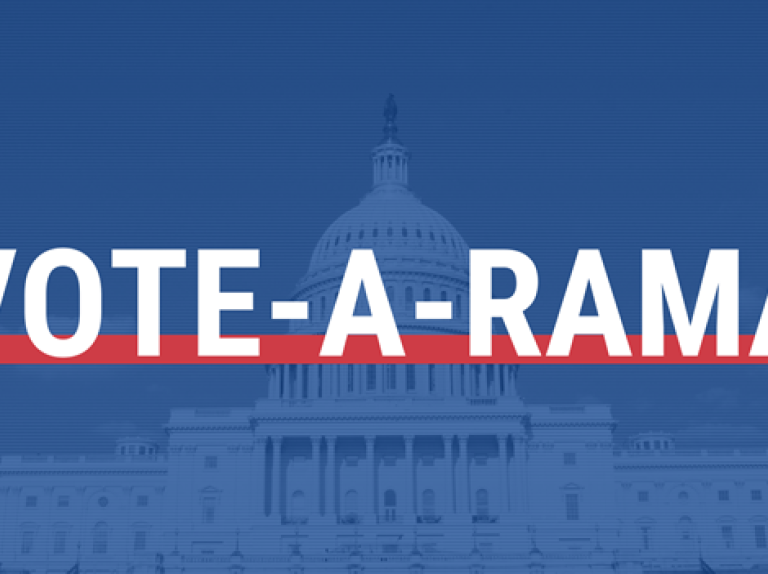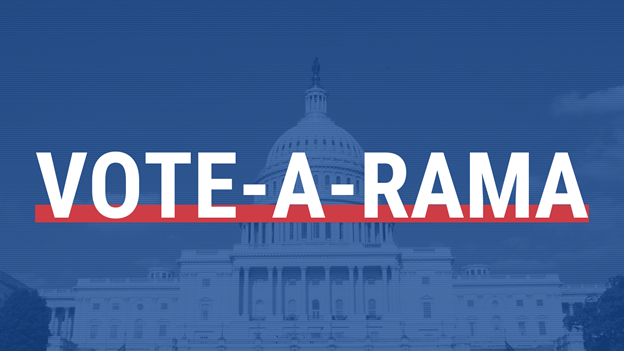
By Jack Johnson, Destinations International
As expected, the U.S. House of Representatives last week passed the American Rescue Plan Act of 2021, legislation built on President Joe Biden’s plan to overcome the COVID-19 pandemic. The bill now goes to the U.S. Senate where GOP senators, like their colleagues in the House, appear to be united against it. Assuming Republicans hold firm in their opposition, Democrats cannot afford to lose a single vote in their caucus since the Senate is divided 50-50. Vice President Kamala Harris will need to break the tie to pass the bill.
But since the bill will face a barrage of proposed amendments in the coming Senate vote-a-rama, it will need to head back to the House for final approval if there are changes.

For those unfamiliar with the concept, a vote-a-rama is defined as follows according to Taegon Goddard’s Political Dictionary.
U.S. Senate rules include a special section for consideration of the annual Budget resolution. The Budget is not subject to filibuster, but all amendments must be germane and are voted on consecutively without real debate.
During a vote-a-rama, each amendment is considered and voted on for about 10 minutes until they are finished with all amendments. It’s an exhausting process that many senators have said makes it impossible to know what is actually being considered.
There are key elements that have an impact on destination organizations that are included in the House Bill. These are expected to remain in the bill when it comes out of the Senate. One thing that will come out of the bill is the phased-in increase in the minimum wage from the current level to $15.00 by 2024. It has become clear that there are not enough votes in the Senate to pass that provision.
The clock is ticking. Once the Senate approves their version of the bill it will need to go back to the House of Representatives to approve any changes. Senate Majority Leader Chuck Schumer is vowing to send the bill to Biden’s desk before March 14th which means he will need to get it out of the Senate sooner rather than later.

